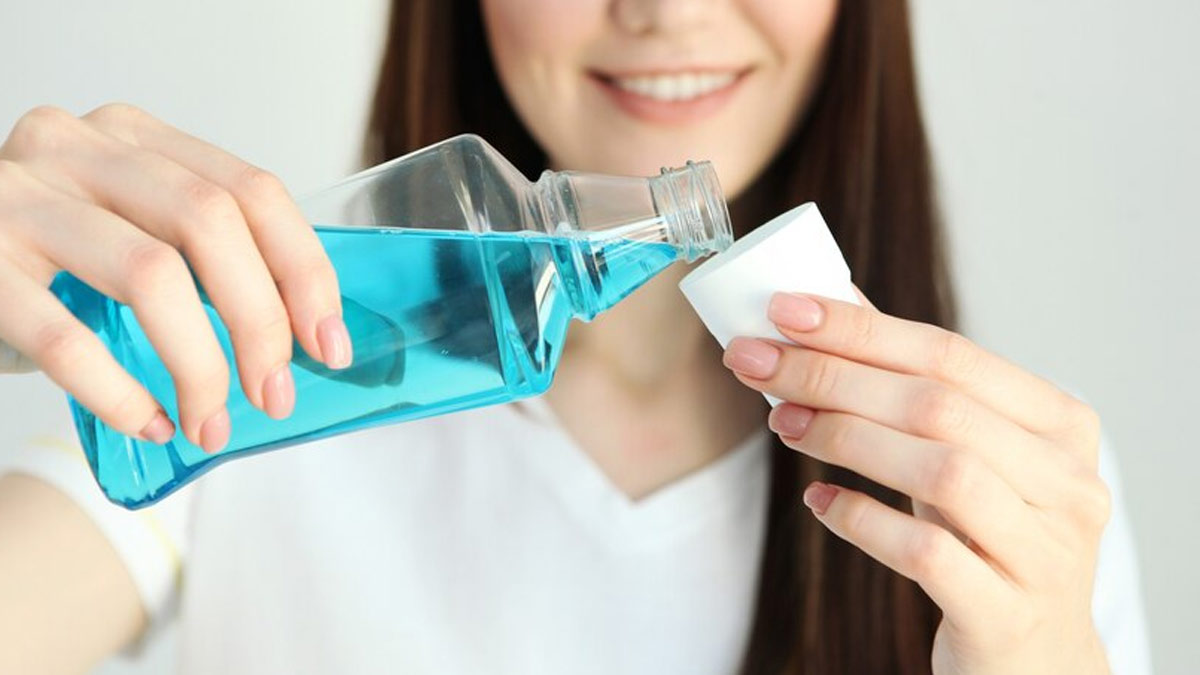
Mouthwash is a common oral hygiene product used by millions of people daily to keep their breath fresh and mouths clean. However, recent research has suggested a surprising and concerning link between regular mouthwash use and hypertension (high blood pressure).
Table of Content:-
If you regularly use mouthwash then this article is definitely for you. Read the article to find out how mouthwash might contribute to hypertension.
A recent study found that frequent regular use of over-the-counter mouthwash was associated with increased risk of hypertension, independent of major risk factors for hypertension and several other potential confounders.
To understand how exactly mouthwash poses a risk for hypertension, OnlyMyHealth team interacted with Dr Roohi Pirzada, MBBS, ex intensivist, Bombay Hospital, Criticare Hospital and Sugun Hospital, Mumbai.
The Science Behind Mouthwash and Hypertension
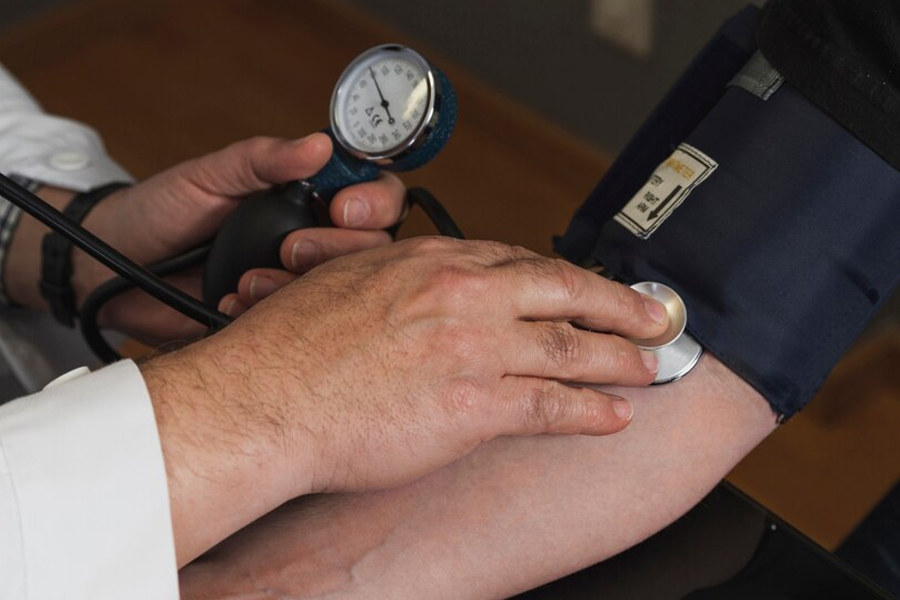
While mouthwash helps in reducing bad breath and preventing cavities, Dr Pizada said, “Mouthwash contains an antiseptic ingredient called chlorhexidine which may kill nitric oxide (NO) producing bacteria. The killing of this bacteria in turn may raise the systolic blood pressure.”
Also read: Complications of Uncontrollable Hypertension: Expert Shares Tips To control it
According to Dr Pirzada, nitrates are the compounds known to reduce blood pressure (BP). Giving an instance, she said, “Nitrates present in beetroots acutely lowers the blood pressure in normotensive individuals.” Adding further, she said, “There are millions of tiny oral microbiomes which convert nitrates to N02, that is nitrites, which is further reduced to NO in our body. NO is a vasodilator, hence it helps in reducing blood pressure acutely.”
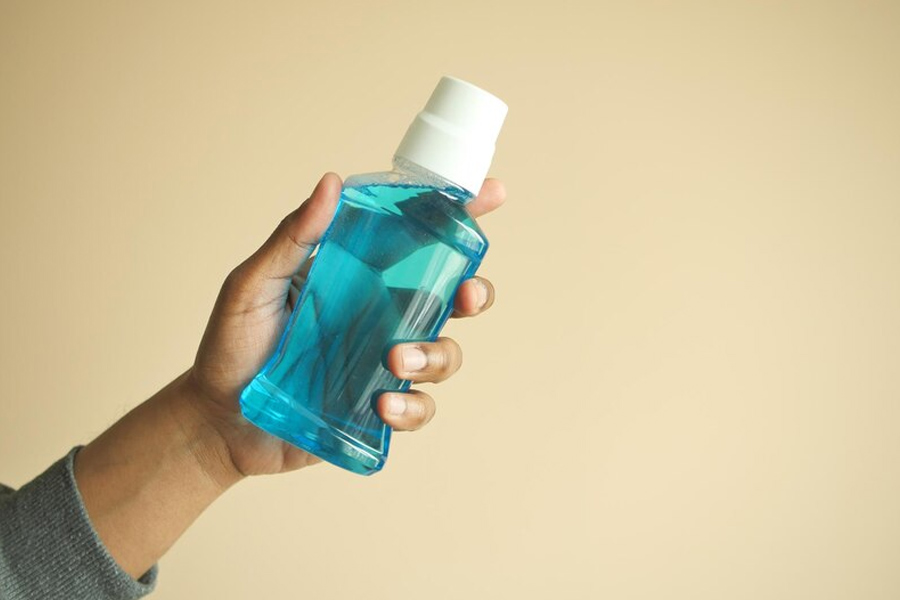
When mouthwash kills these beneficial bacteria, the production of nitrites decreases, leading to lower levels of nitric oxide. This reduction can result in blood vessels constricting more, which can increase blood pressure.
A study published in Free Radical Biology and Medicine found that participants who used mouthwash twice daily experienced a significant increase in blood pressure compared to those who did not use mouthwash. The increase was enough to suggest a potential risk of developing hypertension over time.
Hypertension
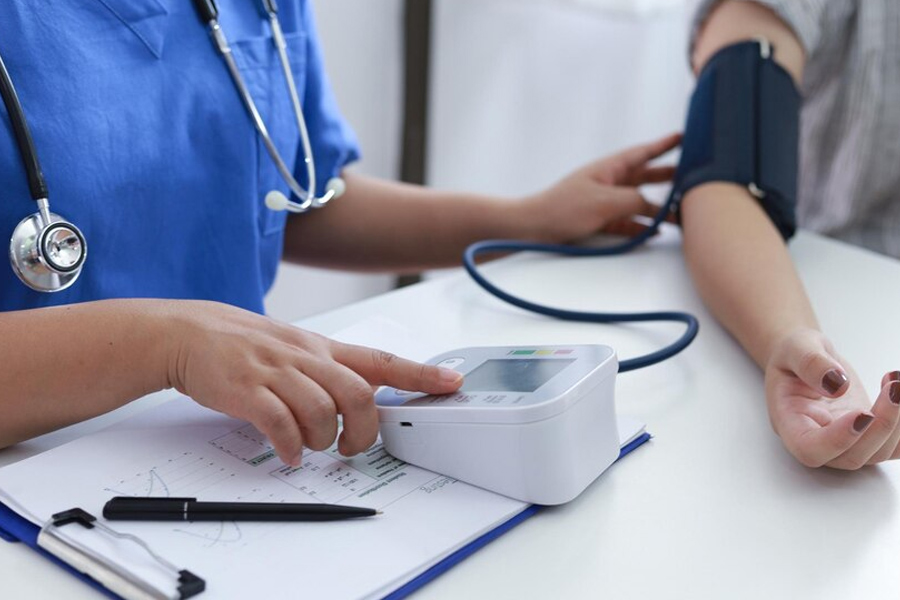
Hypertension is a major public health concern, affecting over a billion people worldwide, according to the World Health Organization. Hypertension is one of the leading factors for cardiovascular diseases including strokes and heart attacks.
The potential connection between mouthwash and hypertension highlights the importance of being aware of the products we use daily. While mouthwash can be beneficial for oral hygiene, its potential impact on blood pressure should not be ignored.
Also read: Doctor Explains The Types and Stages of Hypertension
Precautionary Measures
Dr Pirzada helped us put down some precautionary measures if you use mouthwash regularly.
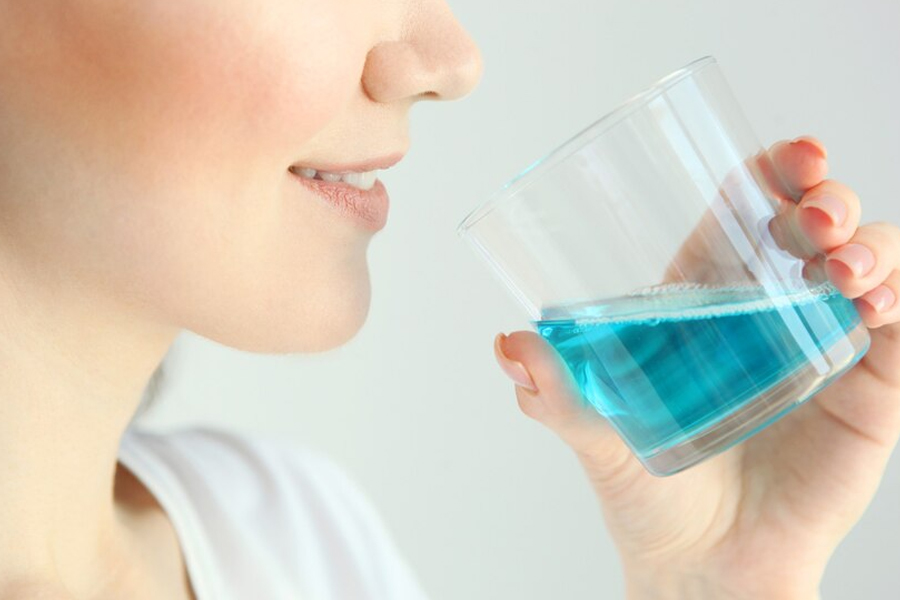
- Mouthwash is not recommended for kids below 8 years of age.
- Don't swallow the mouthwash.
- Refrain from eating food 30 minutes before and after using mouthwash.
- Alternatives may include frequent water sipping, chewing sugarless candies, avoiding alcohol based mouthwashes, maintaining good oral hygiene by twice a day brushing.
- Patients with BP MORE THAN 140/90 should use diluted or should refrain from using it if possible.
- Routine dentist visits to enhance dental hygiene .
- Use of floss post meals may reduce bad breath, that is halitosis, and also prevent food particles from accumulating in the dental spaces.
Conclusion
While more research is needed to fully understand the relationship between mouthwash and hypertension, the existing evidence suggests that there is a potential link. Consumers should be aware of this and take steps to mitigate the risk, such as moderating mouthwash use and choosing alternative products. By staying informed and making conscious choices, individuals can better manage their oral health without compromising their cardiovascular health.
Also watch this video
Read Next
Living with Thalassemia: Add These 5 Essential Nutrients To Your Diet To Manage The Condition
How we keep this article up to date:
We work with experts and keep a close eye on the latest in health and wellness. Whenever there is a new research or helpful information, we update our articles with accurate and useful advice.
Current Version
